Ashwagandha Capsules اسگند کیپسول
₨1,200
Overview
Ashwagandha (Withania somnifera) is commonly known as Indian Winter cherry, Asgand or Indian Ginseng is a high-value medicinal plant of the family Solanaceae that grows in India, the Middle East, and parts of Africa Besides the drier parts of India, it also grows up to a height of 1700 m in Himalayan region (mainly Himachal Pradesh, Uttarakhand, and Jammu and Kashmir). It possesses a wide array of health benefits due to the presence of several bioactive metabolites in it.
Benefits
Ashwagandha is recognized for its ability to lower cortisol levels and serve as a natural aphrodisiac. In men, it can increase testosterone levels and enhance sexual performance, while in women, it helps improve sexual function by boosting arousal, lubrication, and satisfaction. Additionally, ashwagandha supports thyroid health, especially for those with Hashimoto’s disease or an underactive thyroid. It also aids adrenal function, helping to alleviate adrenal fatigue by reducing cortisol, which is the body’s main stress hormone. As an adaptogen, it enhances resilience and the ability to cope with stress. For athletes, ashwagandha can promote muscle growth, improve strength, and speed up recovery, making it a valuable supplement for anyone looking to enhance their workout performance. Furthermore, ashwagandha may improve memory and offer potential protection against Alzheimer’s and dementia, as studies have indicated it can reverse memory deficits in animal models. Regular use can lead to better overall brain function
Precautions
Pregnancy and Breastfeeding:
It is recommended that women who are pregnant or breastfeeding refrain from using ashwagandha, as its effects during pregnancy are not completely understood.
Thyroid Issues:
Those with thyroid disorders, particularly hyperthyroidism, should seek advice from a healthcare professional before using ashwagandha, as it may affect thyroid hormone levels.
Autoimmune Diseases:
Individuals with autoimmune conditions such as lupus, rheumatoid arthritis, or multiple sclerosis should exercise caution, as ashwagandha could stimulate the immune system and potentially exacerbate symptoms.
Sedation and Drowsiness:
Ashwagandha may produce a calming effect. If you are taking sedatives or medications for anxiety or sleep, combining them with ashwagandha could amplify these effects, resulting in excessive drowsiness.
Dosage
As a dietary supplements for adults take one capsule twice a day preferably after meal or as directed by physician.
Side Effects
While the side effects of ashwagandha are minimal, but due to high dosage some people may experience:
- Diarrhea.
- Gastrointestinal upset.
- Vomiting and nausea.
Warning
Do not use if seal is broken.
Storage
Store in a cool, dry place
Keep out of sight and reach of children
Nutritional Value
100gm serving of ashwagandha contain:
Energy: 245 Kcal
Carbohydrate: 49.9 gm
Dietary Fiber: 32.3 gm
Protein: 3.9 gm
Iron: 3.3 mg
Calcium: 23 mg
Vitamin C: 3.7 mg


 Shop layouts
Shop layouts
 Food Supplements
Food Supplements
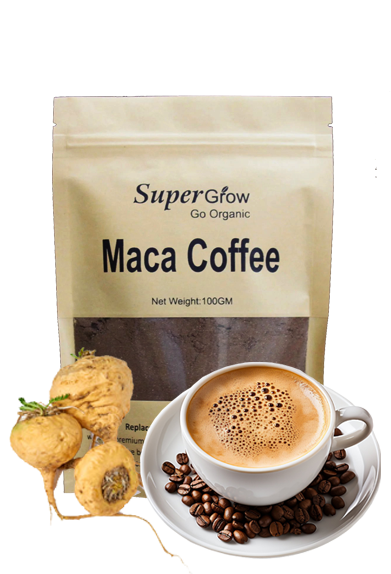
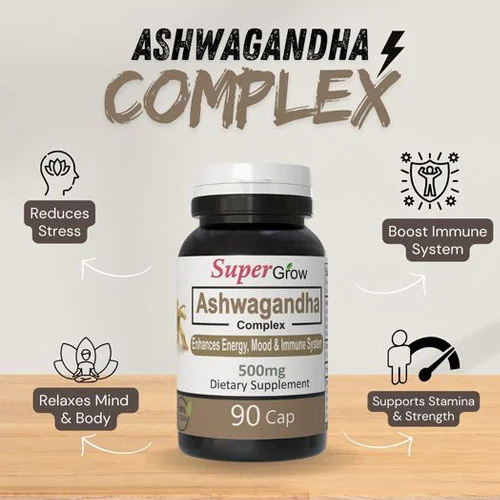


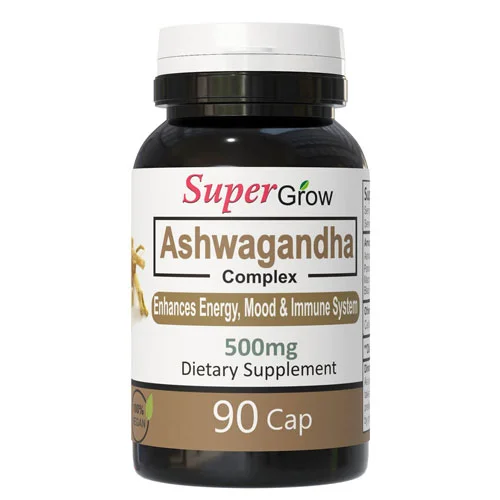
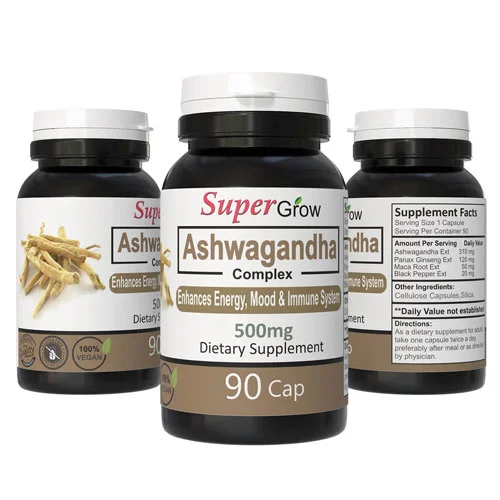
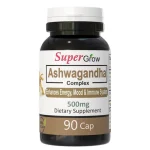

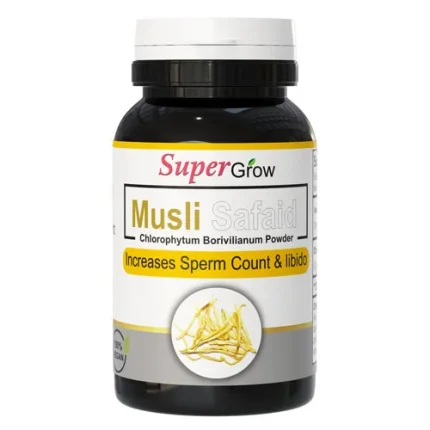
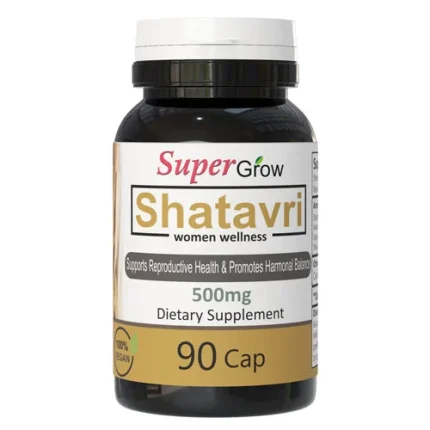
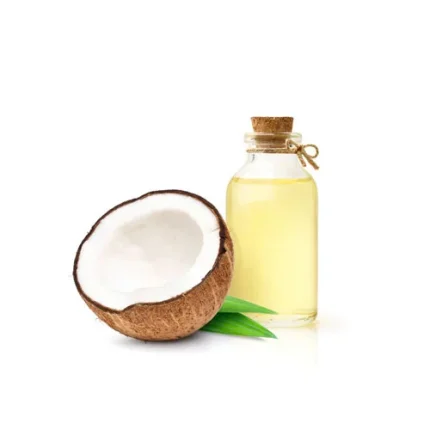
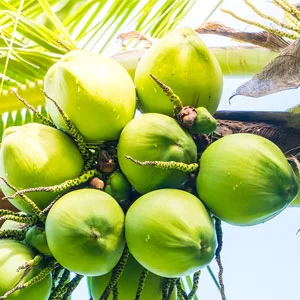
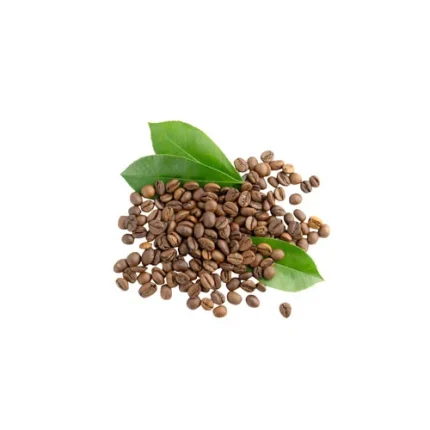
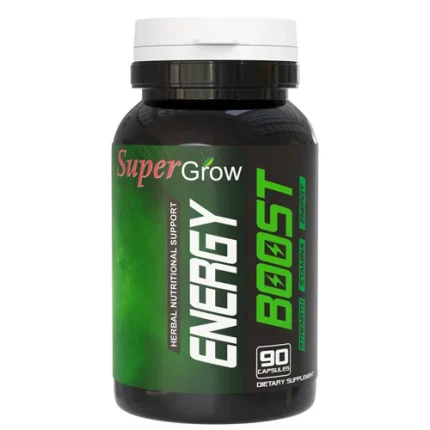
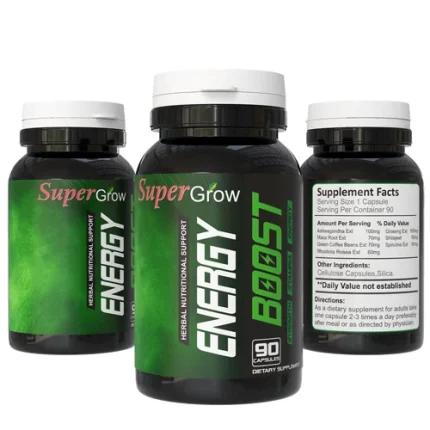
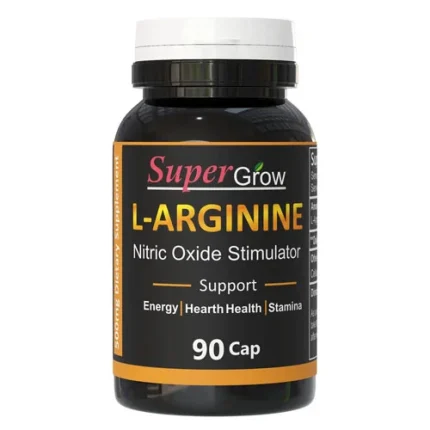
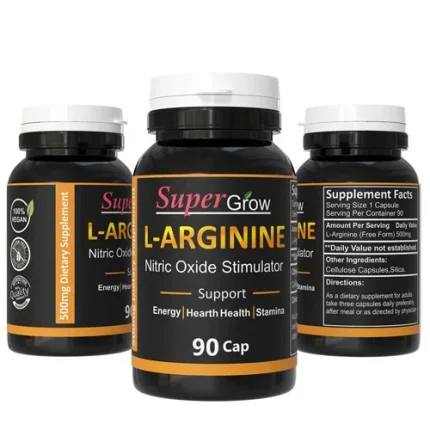


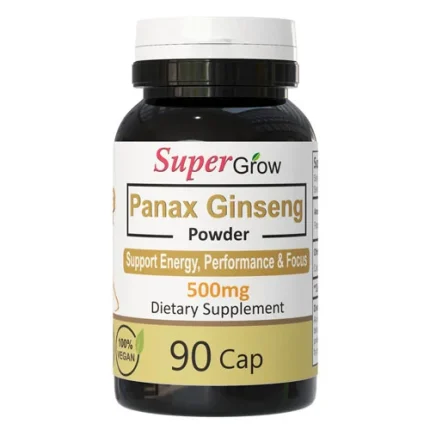
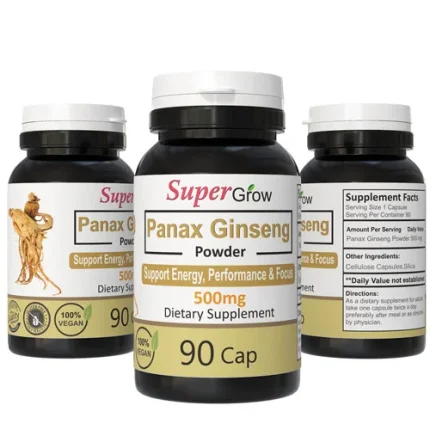
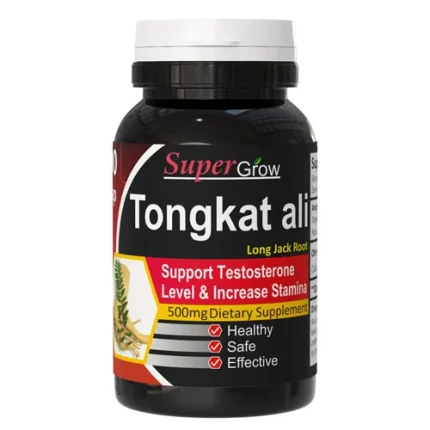
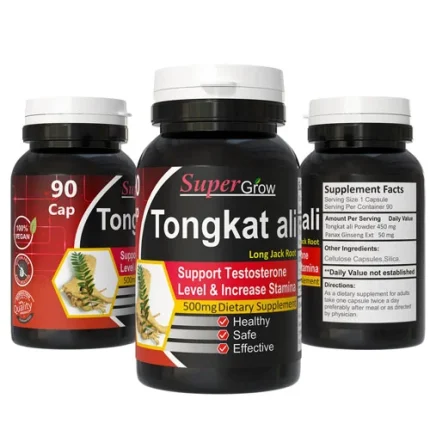
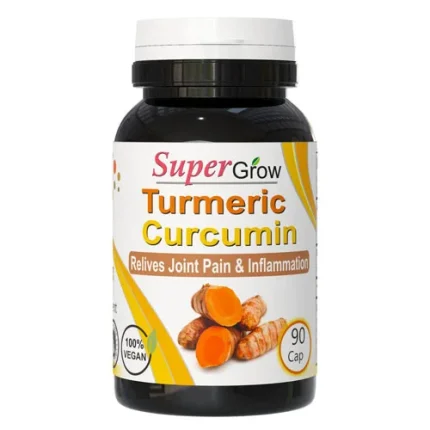
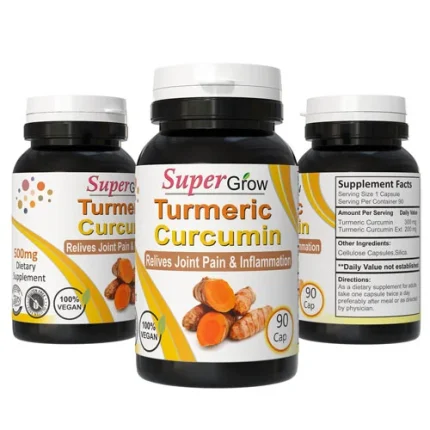

Reviews
There are no reviews yet.